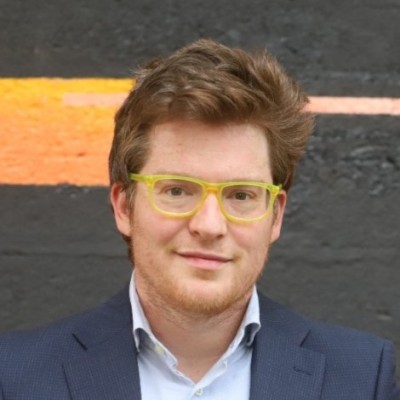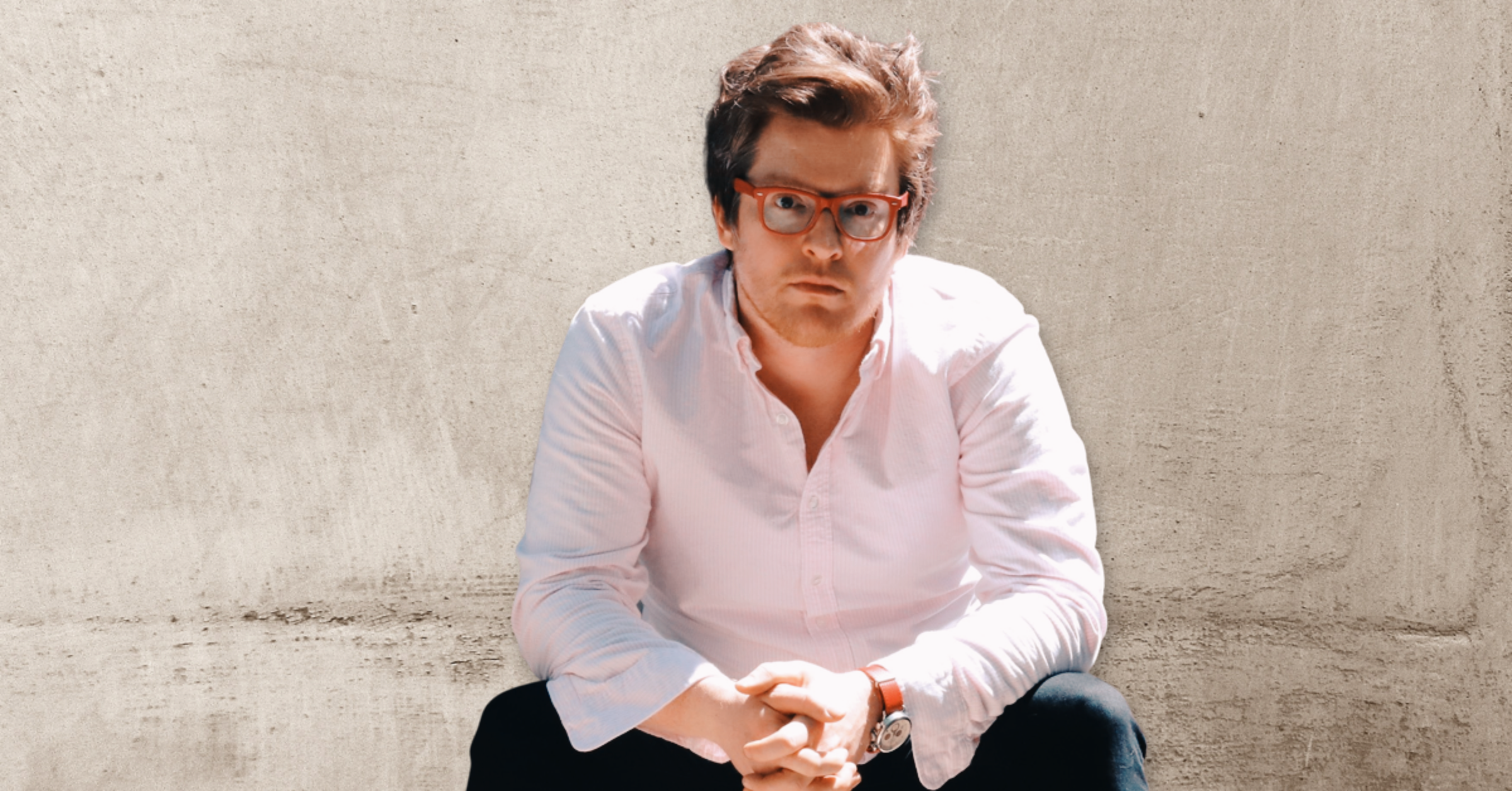
Toni Tileva
Kogod School of Business alum Nat Zorach is one of few people with an MBA who is just as comfortable in work boots on a job site as he is in dress shoes in the boardroom.
“Whether we’re talking about the literal nuts and bolts of the work we are doing or about high-minded academic notions, I am prepared to jump right in," says Zorach, a decarbonization and sustainability leader.
We chatted with Zorach to learn more about how his MBA degree from Kogod lends itself to his current career in sustainability and how other Eagles who are sustainability-minded can follow in his footsteps—whether they’re wearing work boots, dress shoes, or both like Zorach.
On the day to day, I figure out solutions to develop new programs to decarbonize the built environment, borrowing from my city planning experience, construction experience, and general affinity for working with diverse, clever humans to get stuff done!”

Nat Zorach
Kogod Alum
In what ways is your career focused on sustainability in business?
“I manage performance reporting, analysis, process improvement, and program development for the flagship energy efficiency program of the Potomac Electric Power Company, more commonly known as Pepco, a subsidiary of Exelon. Across several jurisdictions from southern New Jersey to Maryland and DC, we spend over $100 million each year on energy efficiency programs, ranging from selling individual light bulbs to large industrial combined heat and power turbine installations. Exelon is committed to decarbonizing the power grid, and Maryland has some laudable and aggressive climate targets—we are working with the state and local jurisdictions to implement them,” explains Zorach.
How is your company committed to sustainability?
“Exelon went from fighting sustainability efforts tooth and nail to figuring out how to work with the movement toward decarbonization. This was easier given that the company managed—until spinning off the subsidiary, Constellation, earlier this year—the country's largest fleet of nuclear power plants when a lot of power generation is still fossil fuels,” says Zorach.
What advice do you have for students looking to work in the sustainability field?
“I got my job because of my unique mix of expertise—literacy in energy and utilities, extensive track record in community and economic development, a background in finance, and a strong understanding of numbers and quantitative analysis—plus a smattering of policy work and hands-on experience with the construction and the implementation side of things,” says Zorach.
My advice is to show up as much as possible, ask good and challenging questions of people around you, and support those people, too."

Nat Zorach
Kogod Alum
"The climate crisis and the erosion of democratic rights around the globe mean that we must hold people in power accountable—while supporting innovative ideas for sustainability and equity,” explains Zorach. “A dear friend of mine once said, ‘it's not enough for us to simply say 'no' to something; we must say 'yes' to something else.’ I think about this pretty much every day because I want to be a good critic while being an even better advocate.”
“Networking is also key, but it's about quality networking. If someone gives you their card, reach out to them. If you give someone your card, make sure you have something to say. People generally reward honesty, curiosity, and integrity—quest after those things, and don't be disingenuous,” advises Zorach.
Zorach’s diversity of skills shows how education combined with a willingness to get your hands (and boots) dirty is vital for success in the ever-changing and advancing field of sustainability.
